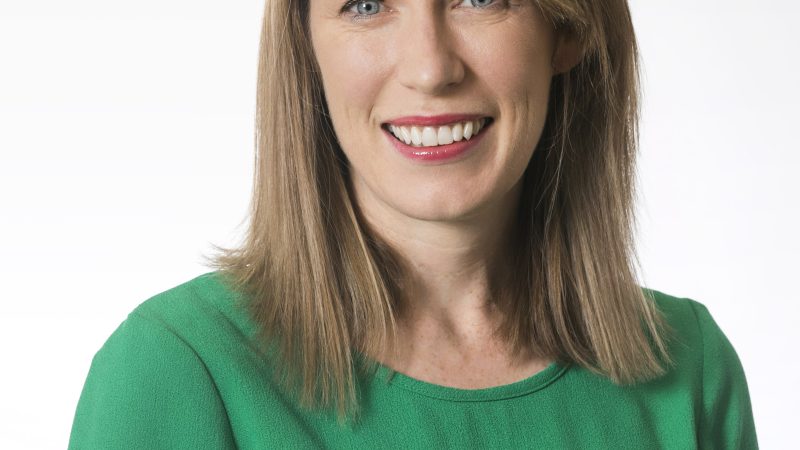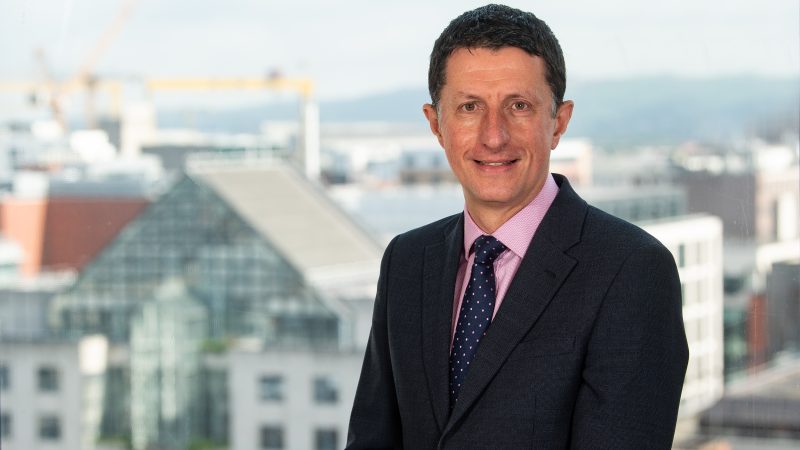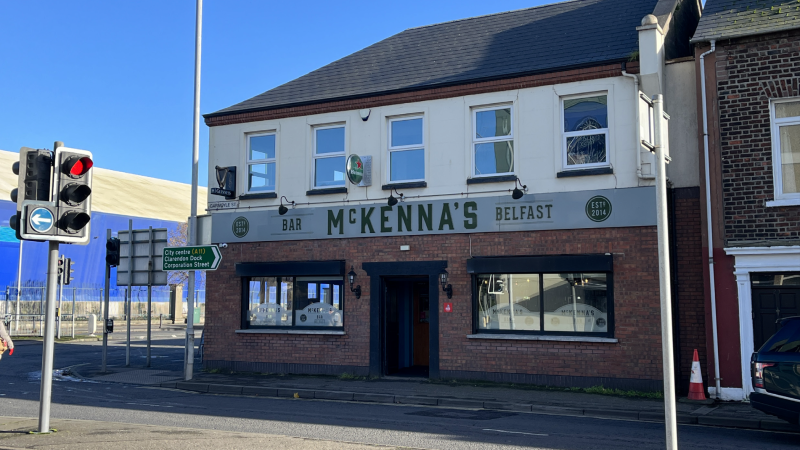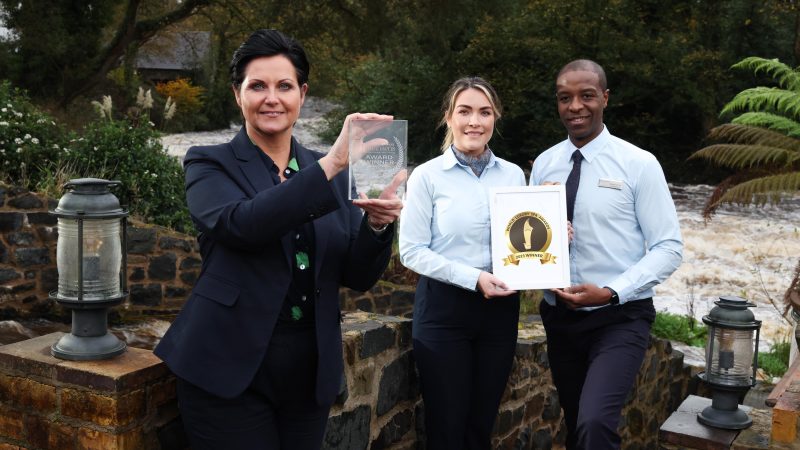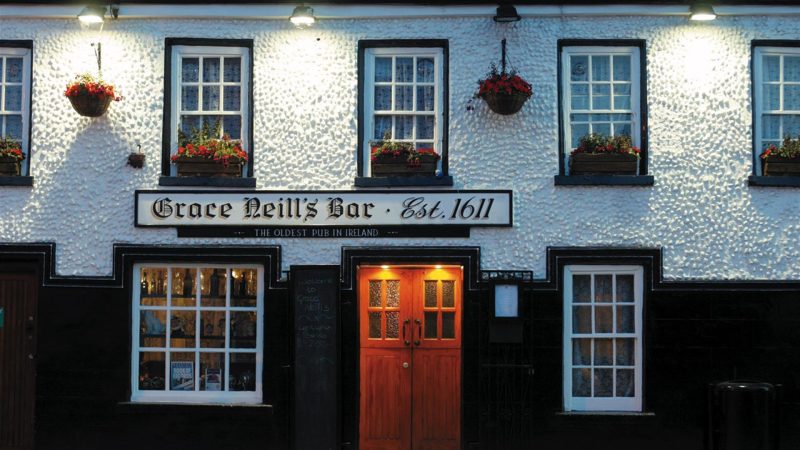The Tourism 2020 Debate

This major element of the Hospitality Exchange programme will see a panel of high-profile hospitality figures discuss some of the trade’s most pressing issues.
Margaret Ritchie MP, who has championed the case for a reduction in VAT, will address the conference, outlining the progress to date.
Then the BBC’s Mark Simpson will chair a debate on the issues that really matter to the trade, including VAT.
If you want an insight into policy or have a burning question to ask, then this will be the session for you.
The session will run from 10.45am until 12.15pm on October 15 and tickets are available, priced at £25.
In recent times, tourism often comes to the fore when the economic future of Northern Ireland is being discussed. Often seen as a supporting player, recent growth has seen the industry’s position elevated and the sector identified as a significant source of jobs, investment and wealth generation.
In 2013, the Northern Ireland Hotels Federation explored the contribution the industry makes and examined the barriers to growth. This culminated in a report called Tourism 2020: Investing in our Future. The document highlights five key areas of concern.
Tourism – Medium-term strategy for the whole sector
Taxation – Reduction in VAT to five per cent
Targets – Study on the long-term future of tourism
Trading – World-class events and cohesive marketing
Training – Delivery agency for tourism and hospitality
Whilst all these issues are of real importance, the hot topic remains taxation and the rate of VAT.
The current VAT level for all tourism accommodation and food is 20 per cent. The United Kingdom is one of only four countries in the EU that does not avail of a reduced VAT rate on tourism products. The position within Northern Ireland is particularly challenging, as the VAT rate applied to the same products in the republic of Ireland is only nine per cent.
When asked about this issue, Richard Ramsey, chief economist for Ulster Bank in Northern Ireland, says:
“The VAT position puts local providers at a competitive disadvantage relative to their RoI counterparts in a highly price-sensitive international market.”
He believes that the situation is exacerbated by the fact that “Northern Ireland’s tourism sector has had to contend with much higher inflation in recent years than RoI providers with, for instance, cumulative food and drink price inflation since 2007 of 35 per cent in the UK compared to a two per cent fall in the Republic.”
From an operational perspective, Robert Crook, managing director of Interstate Hotels, says that a reduction in VAT is all about competitiveness:
“In a nutshell, we compete with total price transparency across markets, and when there isn’t an even playing field on VAT, it makes the UK very uncompetitive by comparison. Cost of customer acquisition is high and hard enough without the burden of uncompetitive VAT rates,” he adds.
Research carried out for Tourism 2020 shows that a VAT reduction would give us an additional 5,000 jobs in the hotel sector alone over the next decade. In contrast, a failure to reduce VAT would cost around £128m. Recent reports from the Irish Republic indicate that more than 30,000 jobs have been created since the introduction of the nine per cent rate in 2011.
The UK wide CutTourismVAT campaign, which is lobbying for a five per cent VAT rate, published the Nevin Report in July 2014. This publication shows that the Treasury would in fact be £3,681m better off in the event of a VAT reduction by 2024. In addition, a staggering 123,000 jobs would be created over the same decade. As the general election looms, the industry is keen to drive VAT up the political agenda and make it a focal point of government policy. There have been a number of debates on the VAT issue in Westminster and the plan is to raise awareness on political and consumer arenas in the coming months.
The eagerness for a VAT reduction is almost matched by an enthusiasm for an increase in visitors to Northern Ireland. Although performance has improved with greater spend, figures remain relatively low in relation to the rest of Ireland and indeed, other parts of United Kingdom.
In order to attract visitors we have to gain their attention and give them a reason to come. Tourism Ireland has responsibility for the promotion of the island of Ireland overseas. Its CEO Niall Gibbons, says that “one of the main challenges for us in selling the island of Ireland around the world is to maintain ‘stand out’. We are operating in an extremely competitive marketplace, competing against about 200 other destinations, all vying to attract international travellers”.
This need has been recognised in Northern Ireland with a programme of capital investment in unique signature projects.
“Significant investment has been made in the tourism product in Northern Ireland with more £300m in capital investments having been made in the last five years,” says Kathryn Thomson, COO of the Northern Ireland Tourist Board. She goes on to say, “the focus has been on those tourism projects that are unique to NI and therefore give Northern Ireland the opportunity to gain global competitive standout and positioning”.
The catalytic effect of the signature projects has been welcomed. However, the industry consensus is that in addition to promotion of our capital assets, a world-class calendar of events needs to be developed.
Niall Gibbons, says:
“Over the past few years, Northern Ireland has hosted a diverse range of world-class events. We have a proven track record in hosting major events of a world-class standard, which will stand us in good stead in helping to attract more major events in the future. Tourism Ireland has used, and will continue to use, these major events as ‘hooks’ to shine a spotlight on Northern Ireland, they provide us with excellent opportunities to showcase the destination to a vast global audience.”
Events are often staged in conjunction with a physical assets, however, the mantra from the Northern Ireland Tourist board is that “a product is what you buy and experience is what you remember”.
Kathryn Thomson of the NITB says:
“It is important that we now think differently about how we develop and present the physical attributes and the individual products on offer. Experience-based tourism is about joining up what we have in a more imaginative way. Adopting a more experiential approach will help to showcase this and will give Northern Ireland standout in a crowded marketplace.”
The need to improve the region’s performance and realise its potential is of paramount importance. The 2012, Our Time Our Place campaign raised both profile and confidence. Those within the sector would like to see continued focus on world-class events, a more cohesive approach to marketing and of course, a more favourable tax regime particularly a reduction in VAT.
There are a lot of questions about the future but the hospitality and tourism sector feels that it can supply some of those answers and perhaps, ensure a brighter future for all of us.




